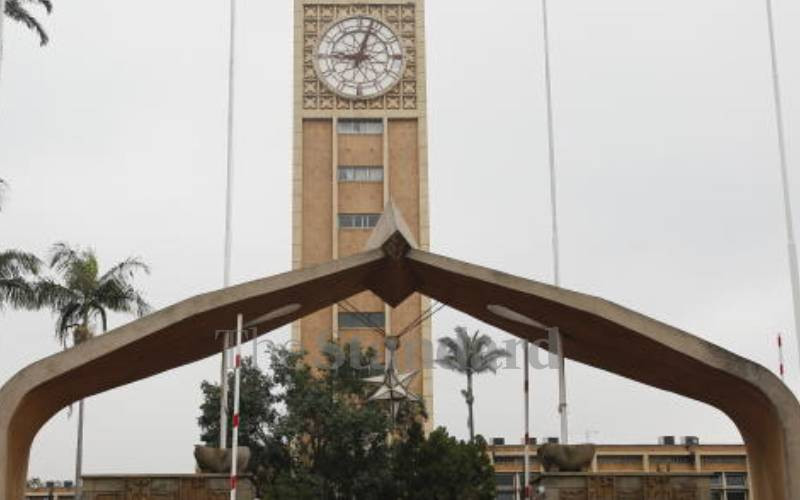×
The Standard e-Paper
Smart Minds Choose Us

Lawyers, notaries, and other independent legal professionals will no longer be required to report suspicious transactions linked to the proceeds of crime and money laundering should Parliament adopt the Anti-Money Laundering and Combating of Terrorism Financing Laws (Amendment) Bill 2023.
The Bill currently before the House in its third reading, states that this will, however, be on condition that the information was obtained in circumstances that are subject to professional secrecy or legal professional privilege.